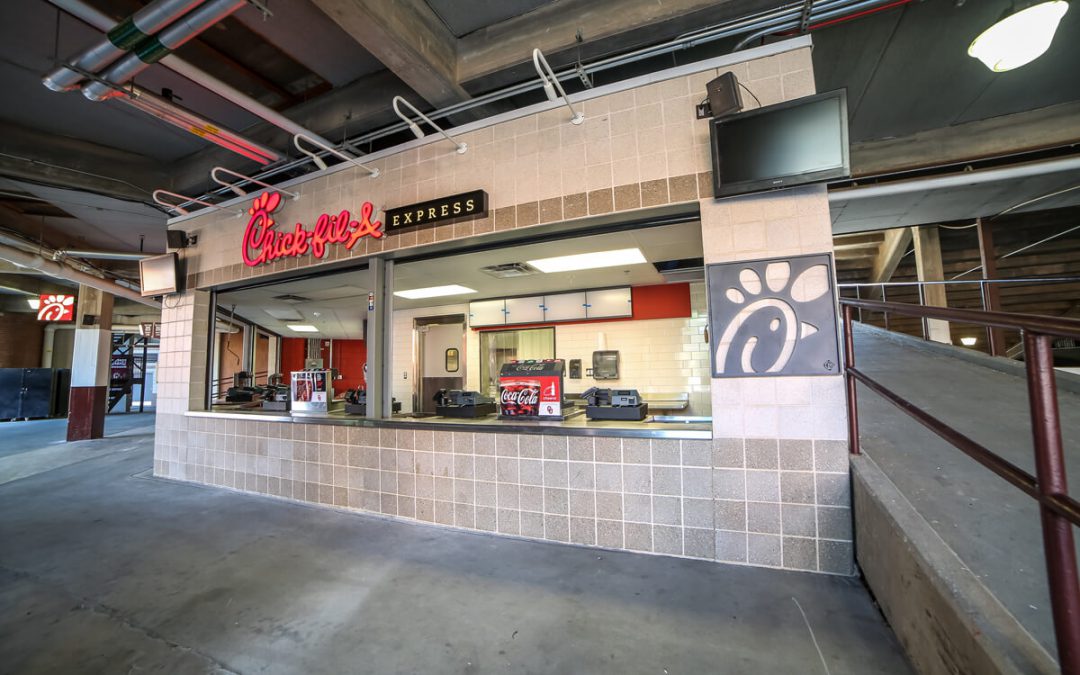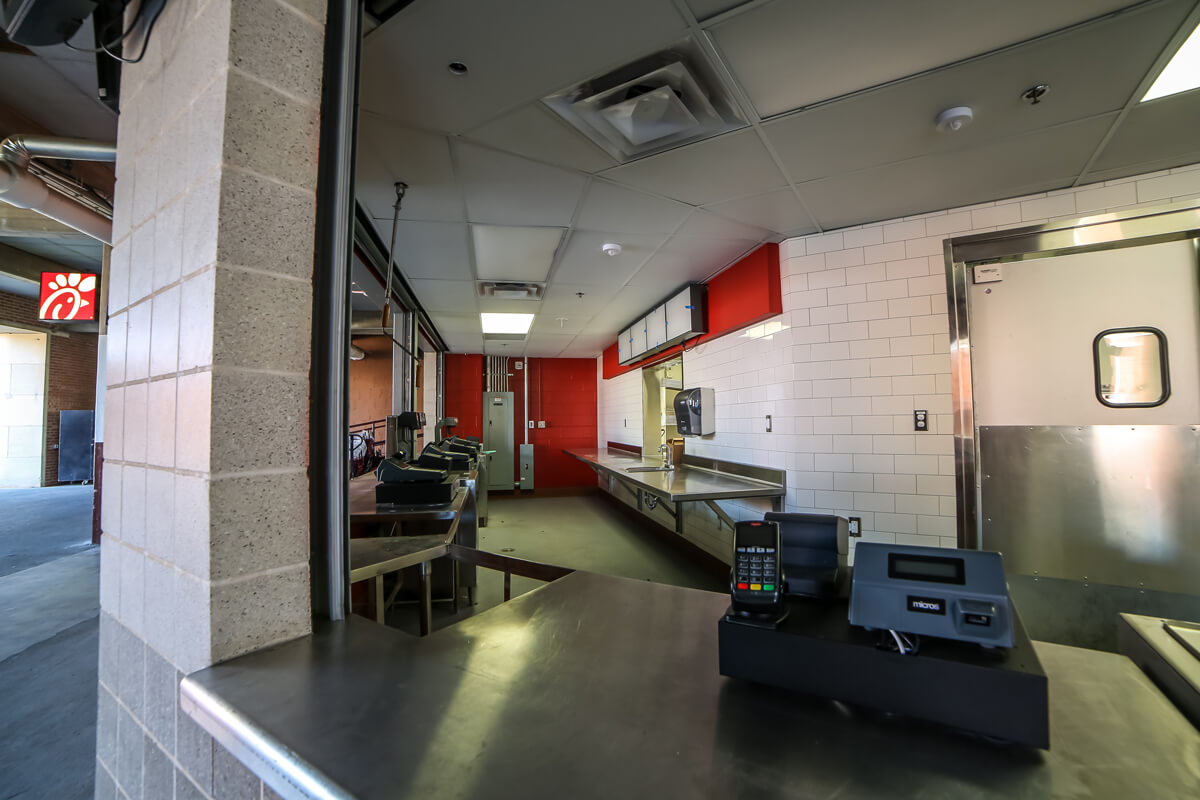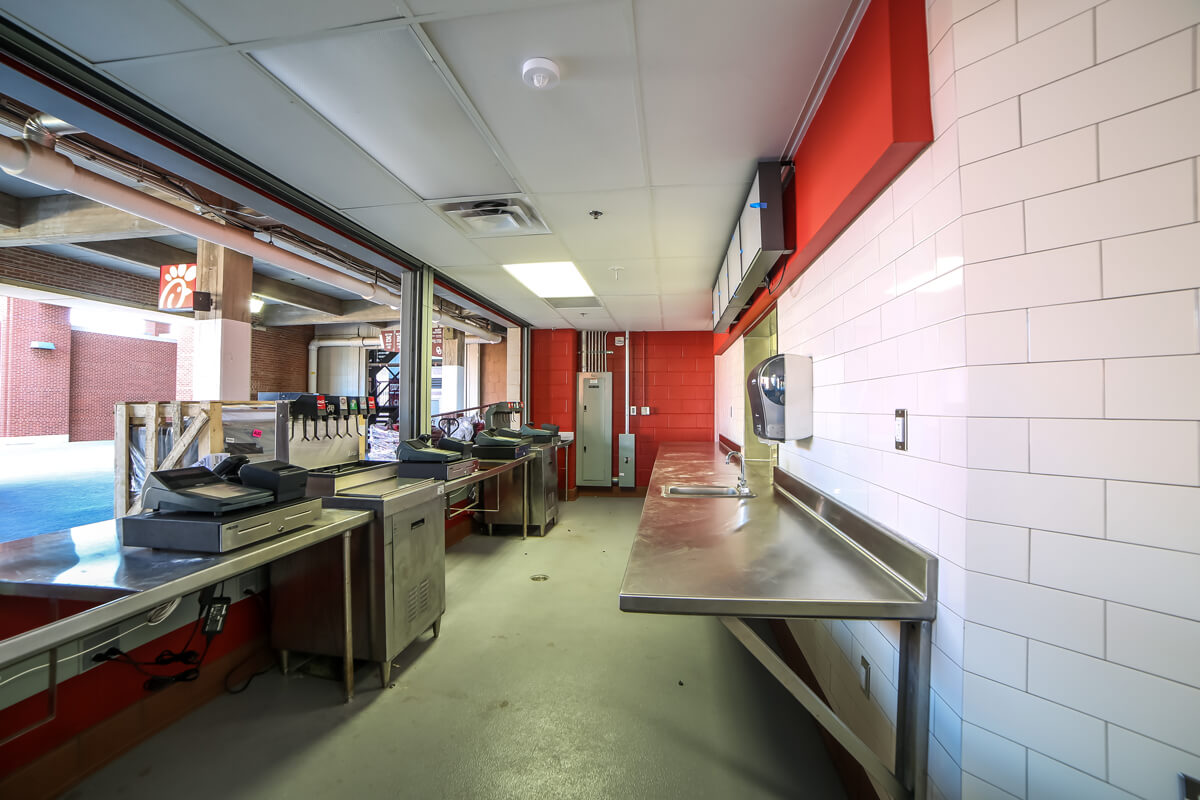We understand why so many individuals seeking construction services place a premium on estimated cost, reputation, and time-frames for project delivery. What we don’t understand is why so many clients settle for a construction firm that doesn’t advocate and provide transparent communication.
Many construction teams win a competitive bid, receive a list of instructions, and then commence work with little-to-no forecast of future communication. Not only does this lack of communication increase the odds of mistakes, but it also generates a space of silence and unknowns that increases stress and tension between the contractor and the client. The client is left wondering just how well (or how poorly) things are going and whether the project is scheduled to be completed on time and on budget.
DBG firmly believes in establishing a clear framework of consistent, forthright communication. Routine communication with the client not only eases their concerns, but also improves the overall management and organization of the project.
When facilitated correctly, communication brings cohesion to all of the project’s different participants: the client, the architect, the contractor, and the subcontractors. Every single person knows what portions of the project are proceeding according to schedule, and what needs to be moved along more quickly.
Since transparent communication works both ways, it’s important that our client knows what we have completed and also what we are struggling to complete.
Importance of Regular, Direct Communication
Studies indicate that the most effective form of communication during construction is direct communication or, when dealing with routine matters or regular updates, written communication.
The reason direct communication plays such a critical role in a contractor’s performance is because it allows people with technical experience to generate a forum for questions and answers. It is not uncommon for this dialogue to evolve into a brainstorming session that provokes new ideas, new strategies and solutions.
So how does communication ensure a project is completed in a timely and cost-effective manner?
DBG relies on its proprietary weekly meeting packets which are distributed during routine meetings of a project’s key personnel. These regular meetings facilitate direct communication and generate an expectation of teamwork and transparency. DBG’s project packets supplement these meetings with written communication, providing detailed progress reports and up-to-date photographs of the construction site.
DBG especially relies on these documents during particularly challenging projects. For example, DBG was awarded a contract to complete two extensive restaurant renovations in just under 70 days.
Weekly meetings with the architect and the client were essential to monitoring progress, identifying lead items, and determining contingencies to make sure the deadline was met. To add additional pressure, opening dates are non-negotiable for restaurants: they either open on time, or they begin to lose money before the first customer even walks through the door.
DBG beat the deadline and our quality performance brought two new Chick-Fil-As to the University’s campus before the Fall semester had started.
As a general contractor that strives to set new benchmarks of service and project management, DBG is proud that our strong communication strategy results in happy clients and new businesses that enrich and contribute to our community.
Considering opening up a new location for your business? Contact us today to find out how DBG’s services can help you open up on time and in budget.



